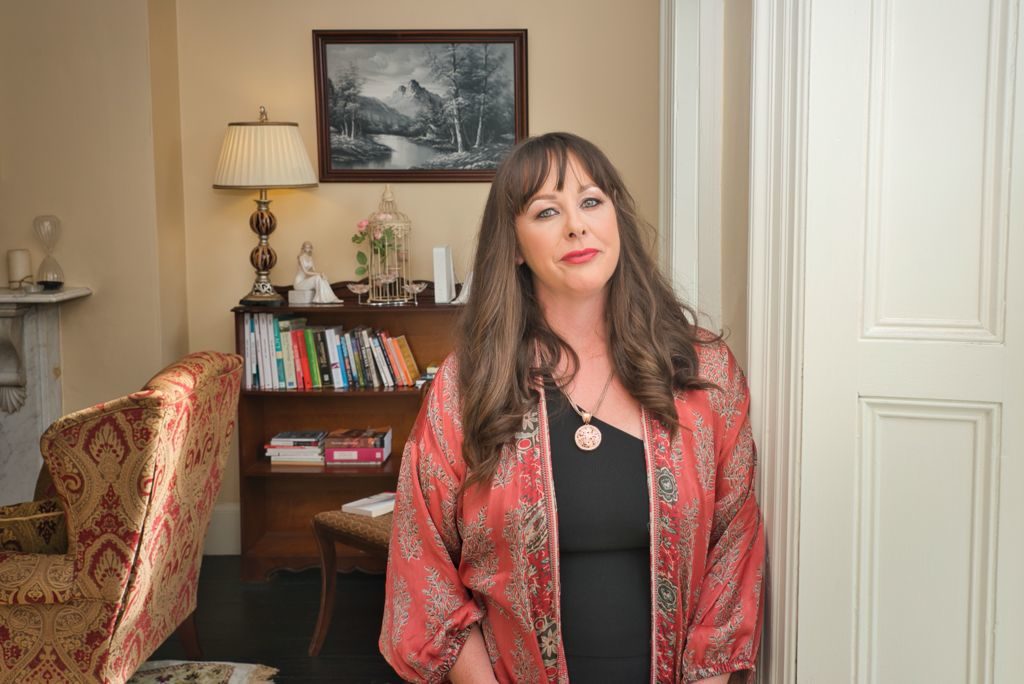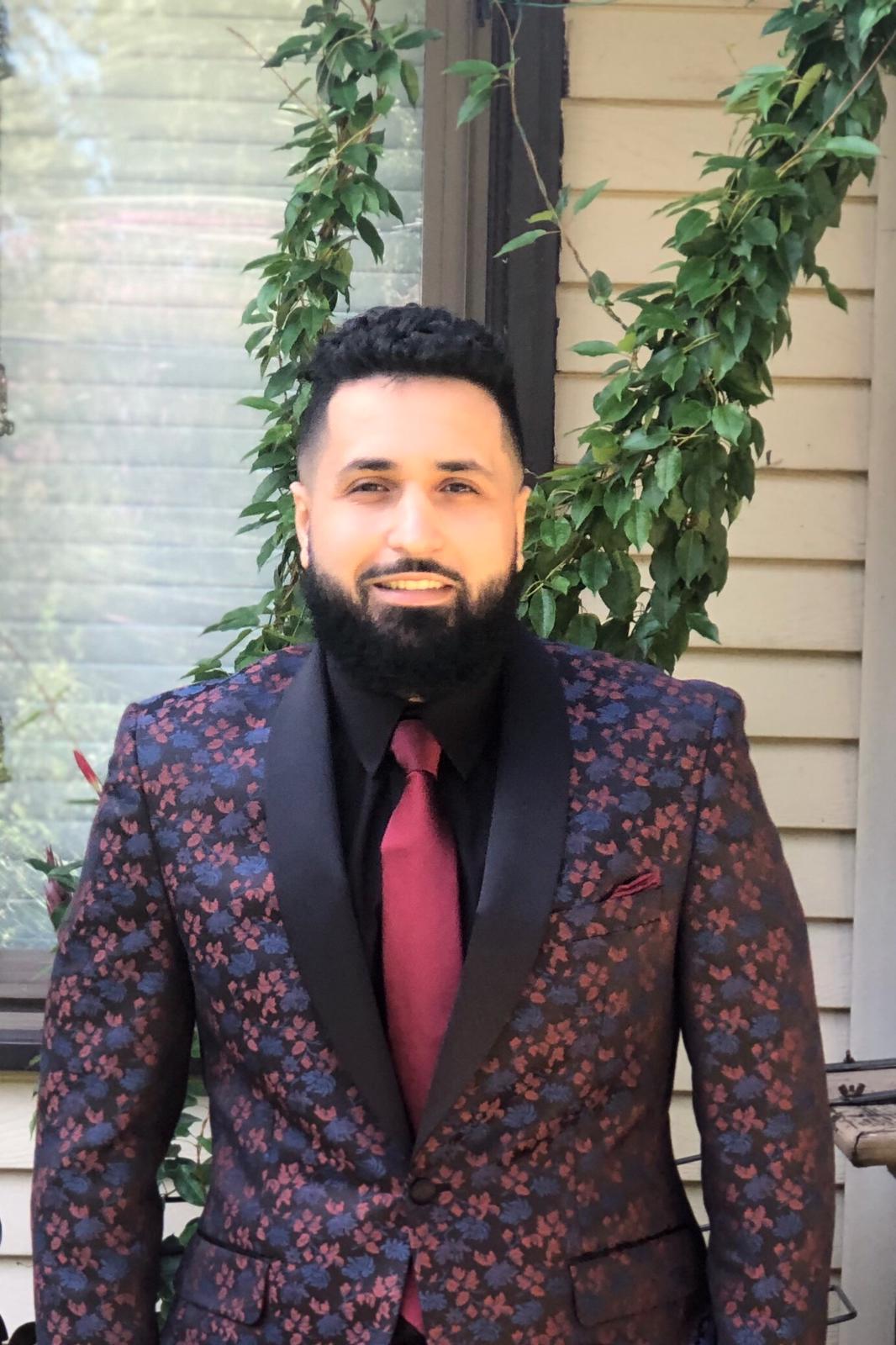If the COVID-19 pandemic has taught us anything, it’s that most people care about their health.
Of course, this isn’t exactly news. For the longest time, the medical and health and wellness industries have made leaps and bounds in terms of progress. Discoveries are made just about every day.
And physical health isn’t the only focus. Mental health care has gained popularity in the past decade. The American Psychological Association found in their 2019 survey that 87% of Americans acknowledge that people shouldn’t be ashamed of struggling with a mental illness. And in 2021, a shocking percentage of Americans were found to experience mental illnesses: over 47 million Americans.
Victor Ugo, a campaign officer at United for Global Mental Health (an advocacy group for mental health in London), said, “The things we know predispose people to mental health problems and conditions have been increased as a whole.”
So, it’s no wonder why mental health is getting increasing attention these days. Professionals in the mental health industry have their hands full.
But the conventional methods of dealing with mental health aren’t the only solutions people are flocking to. Today, spirituality has been recognized to play a significant role in healing.
Healing: Does it Only Occur on a Physical Level?
Image The Cambridge English Dictionary defines ‘healing’ as “the process of becoming well again, especially after a cut or other injury, or of making someone well again”. In this instance, healing essentially takes on a more technical definition.
But the alternative definition of ‘healing’ in this dictionary is: “the process in which a bad situation or painful emotion ends or improves”.
That’s a different story. Sometimes, physical healing can take place without emotional or spiritual healing – and vice versa. Sometimes, people get incurable or chronic diseases and struggle with attaining physical healing for a long time. But that doesn’t mean emotional healing can’t happen.
When it comes to both mental and physical health, emotional healing cannot be skipped. This is especially true when it comes to people trying to heal from their past traumas.
Karen Whelan, also known as the Soulution Therapist, summarizes: “It comes back to what happens inside of us. It comes back to what we internalize, what’s the program. We begin to tell ourselves and start to think, ‘It’s my fault. I’m not good enough. I did this, I’m unlovable,’ and we walk around with all of that inside of us. It’s what’s going on internally.”
How Spirituality Can Help a Person Heal

Studies have shown that spirituality actually plays a huge role in our health.
Even before the nineteenth century, people commonly linked psychological healing with spirituality and religion. When somebody struggled with their mental health, they often sought the help of medicine men, religious leaders, shamans, soothsayers, and the like.
Today, it’s not that different. Mainstream America is becoming increasingly accepting of spirituality in mental health. In their book, ‘A Spiritual Strategy for Counseling and Psychotherapy’, authors Bergin and Richards detail a strategy that utilizes the use of prayer, worship and ritual, and forgiveness as well as repentance in psychological healing.
This is particularly helpful where patients themselves believe in some form of a higher power or even the mere existence of one’s soul or spirit. We often see religious leaders like priests or pastors drift from door to door in a hospital, seeking to attend to those who crave some internal relief.
But we don’t often see doctors or psychologists ask questions related to spirituality. Physicians’ involvement in a patient’s spiritual life is often restricted for the following reasons:
- They may have a lack of knowledge or training in areas of spirituality.
- The time constraint in consultation sessions.
- Fear of imposing the physician’s religious views upon patients.
- Requirements of consent and confidentiality.
- Religious conflicts.
Hence, the role of people who practice less conventional methods of healing has garnered some attention recently.
Here’s an example. Karen Whelan is a licensed psychotherapist and was once a social worker. But today, she operates on a more spiritual-based approach as the Soulution Therapist. She incorporates elements of psychotherapy, tantra, living inquiries, and oracle board readings to help her clients during their sessions.
A study by Brady, Peterman, Fitchett, Mo, and Cella regarding the role of spirituality in coping with cancer showed that when one’s spiritual well-being is prioritized, one can enjoy life even whilst struggling with pain. The American Pain Society also found that personal prayer was used by 76% of patients as a non-drug method of controlling pain. Christina Puchalski in her journal, ‘The Role of Spirituality in Health Care’, further concluded that a commitment to spirituality or religion may offer a strong coping mechanism and solid social support to a person struggling with their health, be it mental or physical.
Channeling Compassion in Aiding Others
Victor Frankl was a psychiatrist who detailed his experiences in a Nazi concentration camp. In one of his accounts, he very poignantly wrote, “Man is not destroyed by suffering; he is destroyed by suffering without a meaning.”
One aspect of channeling spirituality in one’s health is compassion. To be compassionate literally means “to suffer with”.
Therapists are often lauded for their ability to meet their clients eye-to-eye. It’s crucial to listen to any client or patient with complete compassion. And it shows. Patients like and comply with nurses, psychologists, or any person working in healthcare when these professionals are compassionate.
Healthcare professionals aren’t the only birds in the flock. Often, people who incorporate spirituality into their efforts to helping others heal prioritize compassion.
Karen Whelan is another example: she herself testifies to her trauma-ridden past. She uses her difficult experiences to empathize with her clients. As she said in an interview, “My passion is to offer a deep, compassionate space to allow for deep inner work to unfold, and for real healing to take place. I want you to know you in a real, loving way.”
When compassion is imbued in spirituality, the person receiving feels understood. They know somebody out there is listening. Somebody cares. And as simple as being empathetic may seem, it goes a long way.
The North American Nursing Diagnosis Association actually developed diagnoses that include spiritual offering and impaired religiousness. They recognize that nurses need to tend to their patients’ spiritual needs as well.
Spirituality in Healthcare: A Potential Step in the Right Direction

Sure, there have been plenty of advances in medicine as well as the health and wellness sector. And we should rejoice! Health is important and cannot be overlooked.
But on that note, perhaps it’s worth taking the time to look deeper into the role spirituality plays in health. Complementary and alternative medical treatments are already gaining popularity. Many say these methods work.
And from the results we’ve been seeing, spirituality in healthcare works, too.
Regardless of what we believe in – or don’t – it can’t be denied that spirituality plays some role in helping many embark on their journey of healing. Even if physical healing isn’t always completely possible for some, there’s always hope where emotional care is concerned. Nobody should ever be told that they can never be happy. This is especially true when someone suffers.
And regardless of what everybody thinks about this matter, it’s nice to see people find meaning in their lives despite having to overcome overwhelming physical and mental pain, isn’t it?




